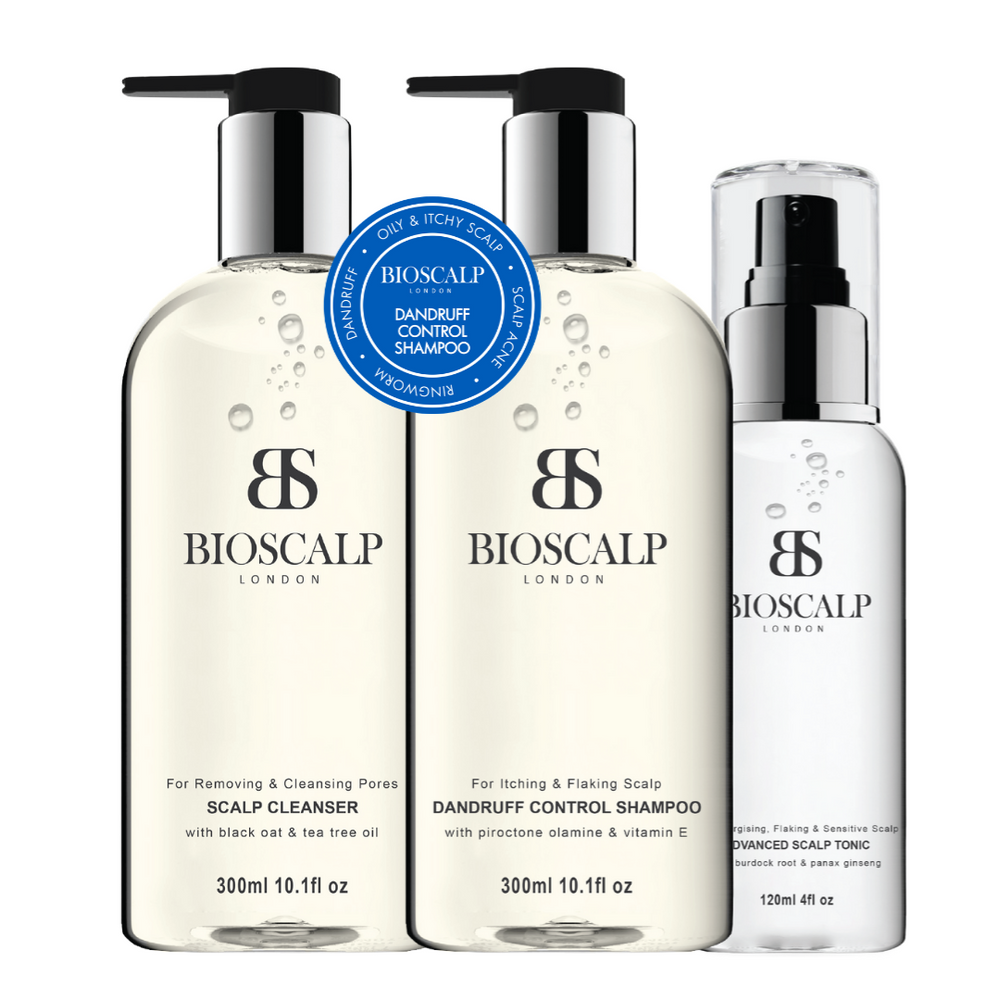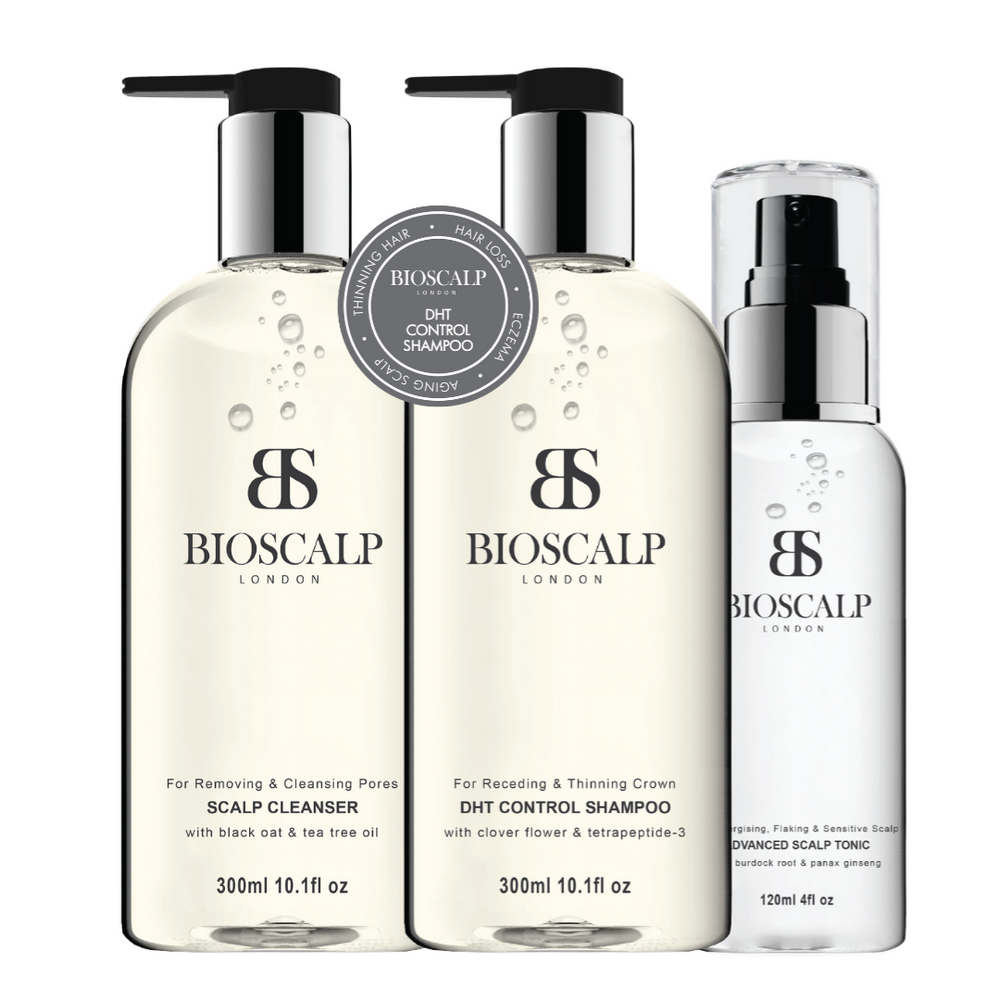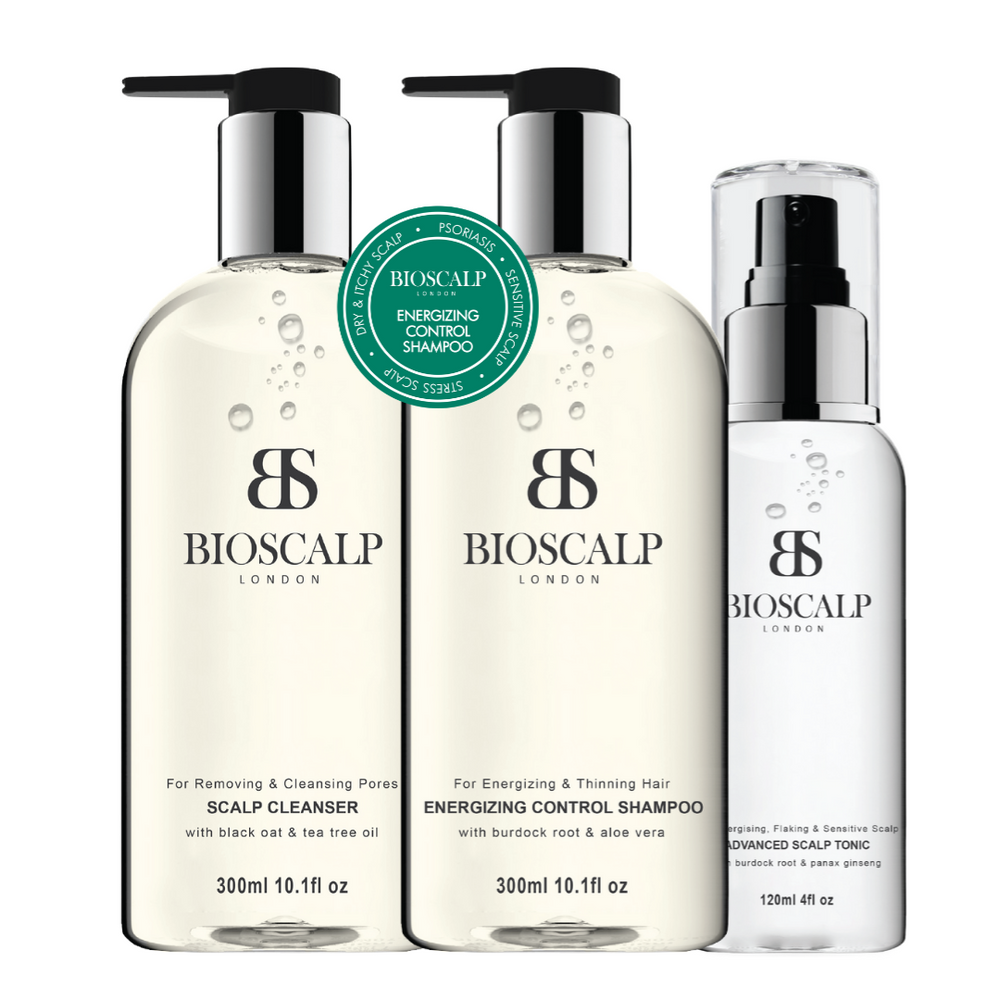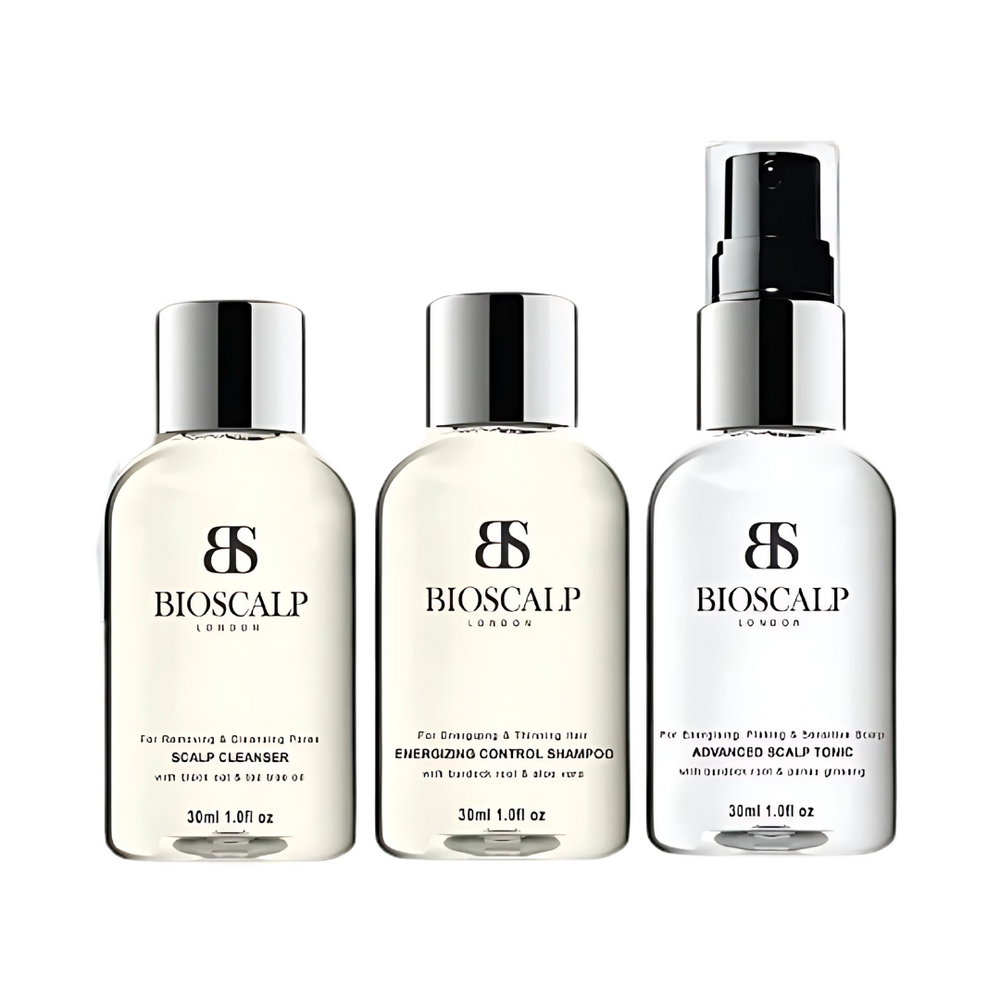Hair fall can be a challenging experience, affecting confidence and overall well-being. The good news? Preventing hair loss is possible with the right strategies. Whether you're noticing thinning strands or simply want to maintain your hair’s health, adopting effective practices can make all the difference. Let’s dive into a comprehensive guide to help you avoid hair falling and keep your tresses looking their best.
Nourish Your Hair from Within
Healthy hair starts with a healthy diet. What you eat directly impacts your hair's strength and resilience. Ensure your meals are packed with essential nutrients like proteins, vitamins, and minerals. Hair is primarily made of keratin, a protein, so foods like eggs, lean meats, and fish are non-negotiable. Add a rainbow of fruits and vegetables rich in vitamins A, C, D, and E, along with biotin and iron, to boost hair growth. Nuts, seeds, and spinach are excellent choices. And don’t forget hydration—drinking enough water daily helps maintain moisture levels in your hair, reducing dryness and breakage.

Handle Your Hair with Care
Treat your hair like the delicate treasure it is. Opt for shampoos and conditioners free of harsh sulphates and parabens that can strip natural oils. Avoid over-washing, as it can dry out your scalp. Instead, aim to wash 2–3 times a week, depending on your hair type. Heat styling tools like curling irons and straighteners may create the perfect look, but overuse can cause lasting damage. When you must style, always use a heat protectant. A gentle hair care routine will ensure your locks remain vibrant and strong.
Boost Circulation with Scalp Massages
One often overlooked trick for healthier hair is scalp massages. Massaging your scalp can stimulate blood flow to the hair follicles, encouraging growth. Use your fingertips in gentle circular motions or incorporate nourishing oils like coconut or jojoba for added hydration. Not only is this practice relaxing, but it also supports healthier roots and stronger hair.
Manage Stress for Stronger Strands
Stress is a sneaky enemy of healthy hair, often triggering conditions like telogen effluvium, where hair prematurely enters the shedding phase. Combat stress with techniques like yoga, meditation, or deep breathing exercises. Even a daily walk or workout can help lower cortisol levels and protect your hair from the effects of stress. Remember, a calm mind leads to a healthier scalp.
Protect Your Hair from the Elements
Environmental factors like harsh sunlight, pollution, and chlorine can weaken hair over time. To guard your locks, wear a hat or scarf in extreme weather conditions. Use protective hair serums that shield against UV rays and environmental pollutants. These small changes can make a big difference in maintaining hair health.
Ditch the Tight Hairstyles
Tight ponytails, braids, and buns may look chic, but they can pull on your hair and cause traction alopecia over time. Loosen your styles to minimize stress on your hair follicles and let your scalp breathe. Embrace hairstyles that combine comfort with style to protect your tresses.
Stay Hydrated for Healthy Locks
Hydration isn’t just for your skin, your hair craves it too. Drinking at least 6–8 glasses of water a day helps keep your scalp and hair hydrated, reducing brittleness and enhancing shine. Staying well-hydrated is one of the simplest yet most effective ways to prevent hair loss.

Trim Regularly for Stronger Hair
Regular trims are your hair’s best friend. Scheduling a trim every 6–8 weeks prevents split ends from travelling up the shaft and causing breakage. Healthy ends mean healthier, fuller-looking hair overall.
Consider Nutritional Support
If your diet is lacking certain nutrients, consider supplements. Biotin, iron, and vitamin D are popular choices for promoting hair health. However, always consult with a healthcare provider before adding supplements to your routine to ensure they align with your individual needs.
Seek Professional Advice When Needed
If you’re experiencing significant or sudden hair loss, don’t hesitate to consult a dermatologist or hair specialist. They can identify underlying issues, whether it’s a hormonal imbalance, scalp infection, or nutritional deficiency. Treatments like topical minoxidil or platelet-rich plasma (PRP) therapy may be recommended to rejuvenate hair growth.

The Bottom Line
Avoiding hair fall is about nurturing your hair from the inside out. A nutrient-rich diet, gentle care, stress management, and regular hydration can work wonders for your locks. Combine these habits with professional guidance when needed, and you’ll be well on your way to maintaining healthy, vibrant hair. Embrace these strategies today, and let your hair shine with strength and beauty!








